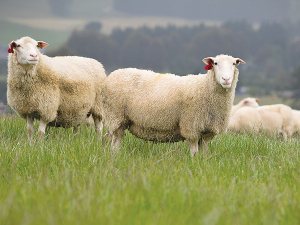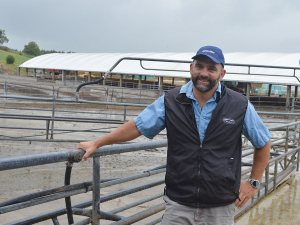The wool industry is in limbo waiting to see what the world outlook is like “once countries start resuming normality of some description”.
So says Federated Farmers meat and fibre chairman Miles Anderson.
When you think the crossbred wool industry has hit the bottom; it just gets worse, he told the Rural News.
But a lot of industries are in the same boat right now, he says.
“People unsure what the future holds for their particular industry because of the coronavirus around the world.
“Hopefully the wool industry will kick back into gear once the lockdown is finished and sales etc can resume as normal. Fingers crossed that prices lift because certainly it is costing people substantial amounts of money to get their sheep shorn compared to the wool cheque that they are getting.”
Even before the lockdown one member told him it cost them $26,000 to shear their sheep and they only got $18,500 for the wool.
“That was a direct reflection of what was happening in China at the time, the fact that the demand for wool at the sales had dropped.
“Who knows what is going to happen in the future? Every time I think it can’t get worse it does.”
He still hopes something comes out of the Wool Action Group – a subgroup of the Wool Working Group. A report from that group was due to be released by the Minister for Agriculture Damien O’Connor in March but has been delayed by the COVID-19 crisis.
Anderson says for the industry to survive it needs collaboration.
“The growers in the industry need some kind of pathway forward. We were hoping that the report will provide a blueprint perhaps.”











